Some questions and answers about choosing a flute
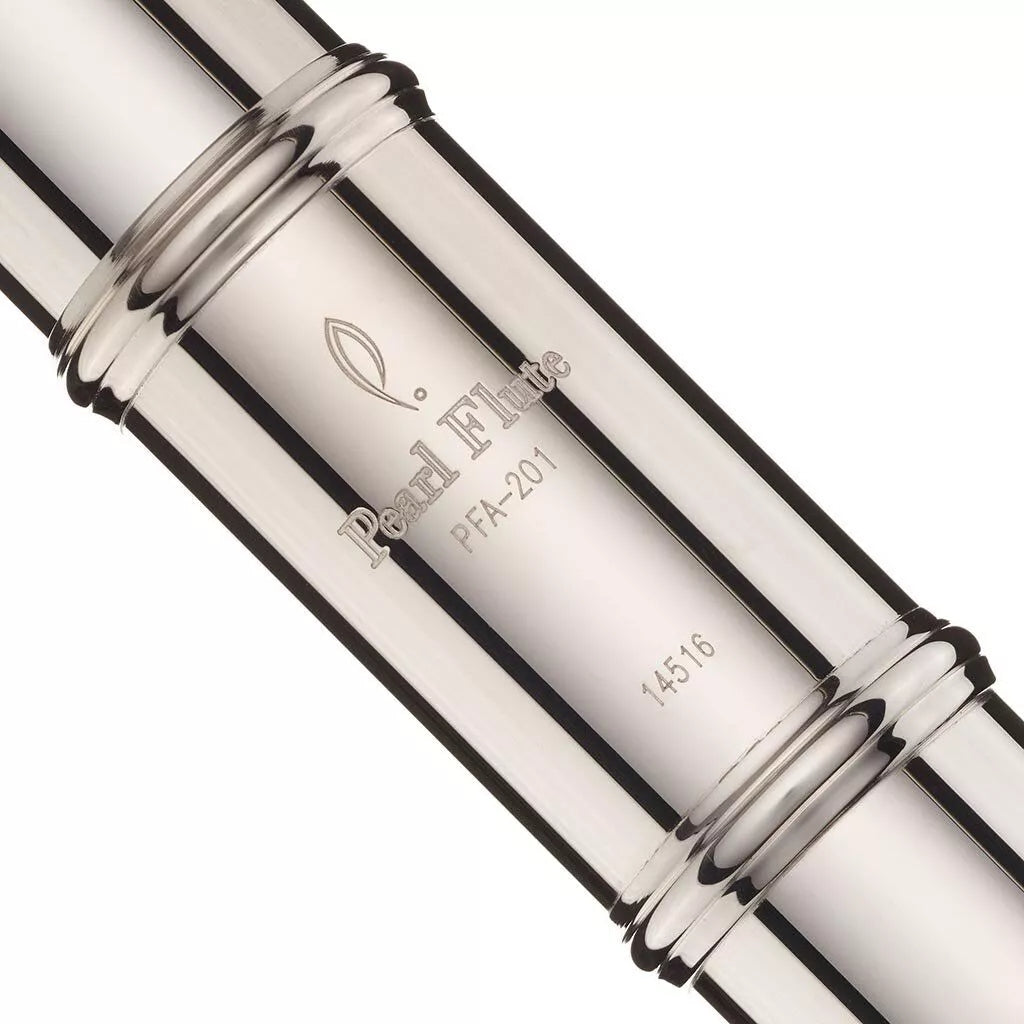
Certainly! Here are some self-questions and answers about choosing a flute:
Q: What factors should I consider when choosing a flute?
A: When choosing a flute, you should consider factors such as your level of playing experience, budget, material, type (open-hole or closed-hole), size, and brand reputation.
Q: How do I determine the right size of flute for me?
A: The right size of flute depends on your age, hand size, and playing ability. Flutes come in different sizes, such as standard (for adults), student (for younger players or those with smaller hands), and piccolo (smaller than a standard flute).
Q: What materials are commonly used in flute construction and how do they affect the sound?
A: Flutes can be made of materials such as silver, silver-plated brass, and various types of metals. Each material has its own unique characteristics that can affect the sound quality, weight, and durability of the flute.
Q: What are the different types of flutes available and their respective pros and cons?
A: Common types of flutes include standard (C flute), piccolo, alto flute, and bass flute. Each type has its own range, pitch, and tonal characteristics, which may suit different musical styles and playing abilities.
Q: How much should I budget for a beginner, intermediate, or professional level flute?
A: Flute prices vary widely depending on the brand, material, and level of craftsmanship. As a rough estimate, beginner flutes can start from around $200-500, intermediate flutes from $500-2000, and professional flutes from $2000 and above.
Q: What are the key features to look for in a high-quality flute?
A: Some key features to look for in a high-quality flute include good intonation, a responsive and even tone throughout the range, comfortable key mechanism, and durable construction.
Q: Are there any reputable brands or manufacturers known for producing quality flutes?
A: Yes, there are reputable flute brands and manufacturers known for producing quality flutes, such as Yamaha, Gemeinhardt, aurosus,Pearl, Burkart, and Muramatsu, among others. It's important to do research and read reviews to find a reliable brand.
Q: What are the differences between open-hole and closed-hole flutes, and which one is suitable for me?
A: Open-hole flutes have holes in the keys, while closed-hole flutes have solid keys. Open-hole flutes allow for more tone color and flexibility but require more advanced finger technique, making them suitable for intermediate to advanced players. Closed- hole flutes are generally recommended for beginners.
Q: What are the considerations for choosing between a silver-plated, solid silver, or gold-plated flute?
A: Silver-Plated Flated Ediate to Advanced Players. Gold-Plated Flutes Are More Expensive and Can offer a unique tone color but may not be necessary for most players.
Q: How important is trying out different flutes before making a decision, and where can I go to test flutes?
A: Trying out different flutes is crucial as it allows you to find the one that feels comfortable and produces the desired tone. You can visit local music stores, flute dealers, or attend flute events and workshops to test and compare different flutes before making a decision.
Remember to consult with a qualified flute instructor or a knowledgeable flute professional for personalized advice based on your specific needs and preferences when choosing a flute.
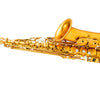
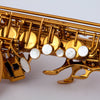
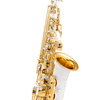

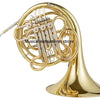
I would like to comment about the tonal effect on the sound of a flute due to plating with various metals. It is minimal, or nonexistent, at best. It is the type of metal which is used for the lip plate/riser, headjoint, and body which will affect the tonal color of the instrument. Each of the precious metals offer different tonal structures. Many flutists use a mix and match approach to create a unique sound.